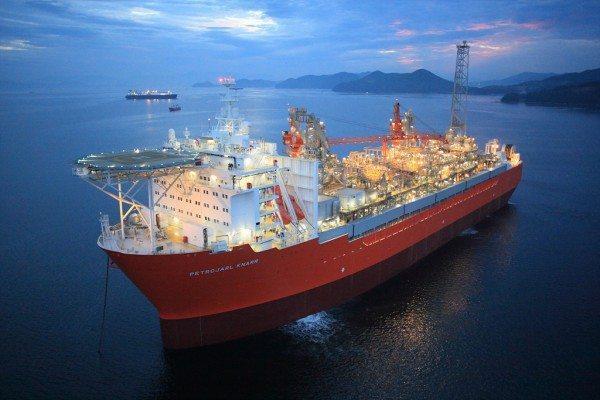
Equinor has put pen to paper on a contract with Altera Infrastructure to use the Knarr FPSO at the Rosebank field in the West of Shetland.
The Norwegian energy giant confirmed in a statement that the “Rosebank partners” have signed a front-end engineering design (FEED) agreement for deployment of Petrojarl Knarr with Altera.
Rosebank is one of the largest untapped resources in the UK North Sea.
The 300 million-barrel oilfield lies close-by to the Cambo field, which Shell pulled out of at the tail-end of last year.
The Norwegian firm has been involved in a concept study using the Altera Infrastructure-owned Knarr floating production, storage and offloading vessel (FPSO) vessel, already making it a strong candidate for the project.
Aberdeen-headquartered Altera Infrastructure said earlier this month that the Petrojarl Knarr FPSO is expected to cease production on the Knarr field in the Norwegian North Sea around May, 1 2022 at which point field decommissioning activities will begin.
A key final investment decision is expected on Rosebank in May, as things stand, at a time when scrutiny of new oil and gas projects is at an all-time high.
The UK Government is currently consulting on a climate checkpoint system for any new fields to pass in order to receive regulatory approval.
That means that a complex electrification element, such as power from shore, will be needed to keep emissions down.
Aker Solutions has already started pre-FEED work on the project, according to trade publication Upstream.
Rosebank has grown in focus for climate campaigners since Shell pulled out of the nearby Cambo field.
Cambo operator Siccar Point Energy owns a 20% stake in Rosebank, along with Suncor Energy which holds 40%, while the remainder is owned by Equinor.
A spokesperson for Altera Infrastructure said: “We are pleased to be part of this project.
“The Rosebank field with its harsh environment is a good fit for the asset and we look forward to working closely with Equinor through FEED-phase towards FID to ensure a potential redeployment of the Petrojarl Knarr with sustainable, low-emission solutions.”

